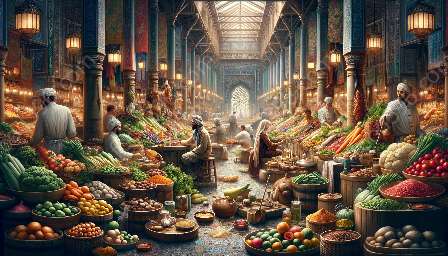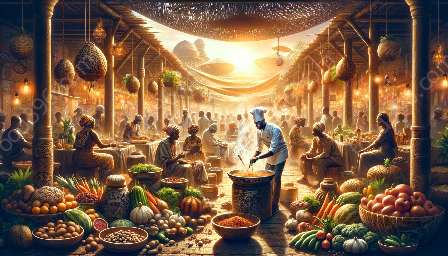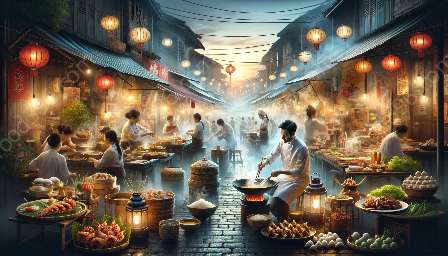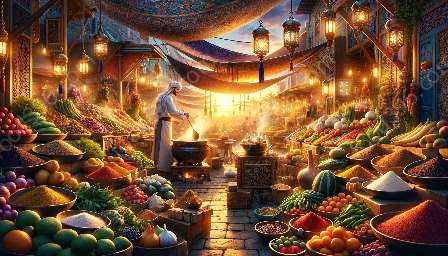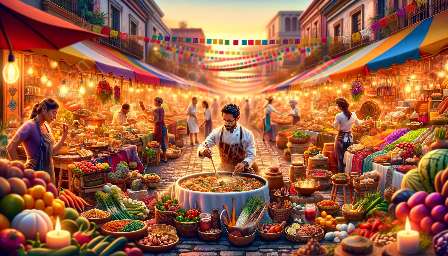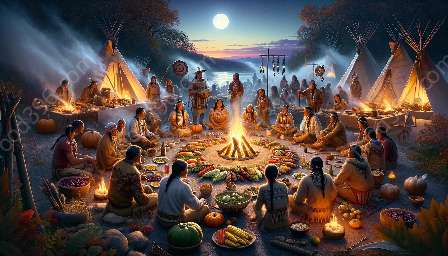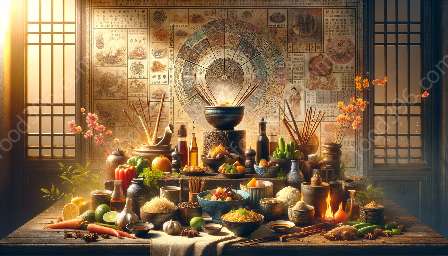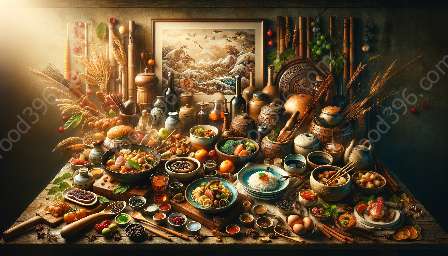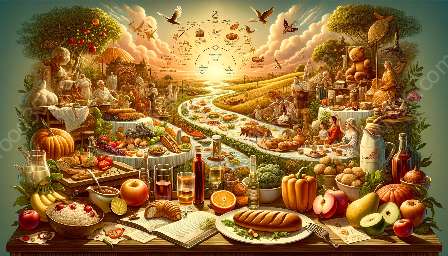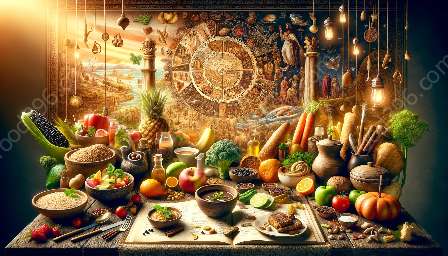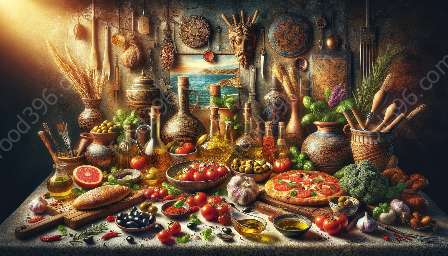Indian cuisine is renowned for its rich and diverse flavors, colorful spices, and vibrant dishes that reflect the country's deep-rooted culinary traditions. The history of Indian cuisine is a fascinating journey that encompasses ancient culinary practices, colonial influences, and modern innovations, making it an integral part of the global food culture.
Ancient Origins
The roots of Indian cuisine can be traced back to ancient times, with influences from various civilizations and cultures that have shaped its unique culinary identity. The earliest Indian cooking techniques and recipes can be found in ancient texts such as the Vedas, the oldest sacred scriptures of Hinduism, which provide insights into the traditional ingredients and cooking methods used by the early inhabitants of the Indian subcontinent.
Over the centuries, Indian cuisine has been influenced by a myriad of factors, including trade routes, invasions, and the migration of different communities, resulting in a melting pot of flavors and culinary traditions.
Regional Diversity
One of the most remarkable aspects of Indian cuisine is its regional diversity, with each state and community showcasing its own distinct flavors, ingredients, and cooking styles. From the fiery hot curries of the south to the delicate, aromatic biryanis of the north, Indian cuisine offers a wide spectrum of flavors and textures that reflect the country's vast geographical and cultural landscape.
Each region of India has its own staple ingredients and cooking techniques, often influenced by local produce, climate, and historical influences, creating a tapestry of culinary delights that are as diverse as the country itself.
Colonial Influences
The colonial period in India, particularly the British and Portuguese rule, had a significant impact on Indian cuisine, introducing new ingredients, cooking methods, and flavors that transformed traditional dishes. The exchange of culinary knowledge and ingredients between Indian and European cultures during this time led to the creation of fusion dishes and new interpretations of classic recipes.
Ingredients such as tomatoes, potatoes, and chili peppers, which are integral to modern Indian cuisine, were introduced to the subcontinent by European explorers, greatly enriching the culinary landscape of the region.
Modern Evolution
In the modern era, Indian cuisine continues to evolve and adapt to global influences, leading to the emergence of contemporary culinary trends and fusion cuisines that blend traditional Indian flavors with international ingredients and cooking styles. The growing popularity of Indian restaurants worldwide has further propelled the globalization of Indian cuisine, making it a beloved and influential part of the global food scene.
Additionally, advancements in technology and communication have facilitated the exchange of culinary ideas and techniques, allowing chefs and home cooks to experiment with innovative recipes while staying true to the authentic flavors of Indian cuisine.
Impact on Global Cuisine
Indian cuisine has left an indelible mark on global gastronomy, inspiring chefs and food enthusiasts around the world to embrace its diverse flavors and incorporate Indian spices and cooking techniques into their own culinary creations. The popularity of Indian street food, such as samosas, chaat, and dosas, has transcended borders, becoming beloved staples in many international cities.
Moreover, the concept of vegetarianism, which has been an integral part of Indian culinary traditions for centuries, has gained widespread recognition and acceptance in the global food and health movements, influencing dietary choices and culinary trends worldwide.
Conclusion
The history of Indian cuisine is a captivating narrative of cultural exchange, culinary innovation, and flavorful traditions that have endured for millennia. From its ancient origins to its modern influence on global cuisine, Indian food continues to delight palates and unite people across continents, showcasing the enduring legacy of its diverse culinary heritage.


